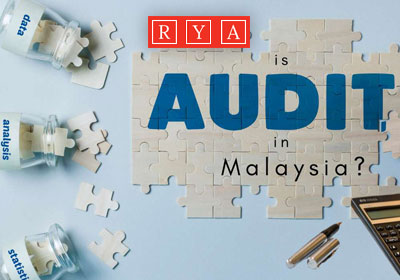
Introduction to Audit Exemption
The Companies Commission of Malaysia introduced a directive in 2024. This directive outlines criteria for audit exemption. It applies to specific private companies in Malaysia starting from 2025. The goal is to reduce administrative burdens for eligible small businesses.
Key Objectives of the Directive
The directive aims to clarify when private companies can skip audits. It identifies specific thresholds companies must meet. These thresholds focus on revenue, assets, and employees.
Background of Audit Requirements
Under the Companies Act 2016, private companies must appoint auditors yearly. Auditors ensure financial statements comply with regulations. However, some companies can apply for an exemption under the new rules.
Eligibility Criteria for Audit Exemption
To qualify for audit exemption, a company must meet two of the following conditions:
(a) Annual revenue does not exceed RM3 million for three consecutive years.
(b) Total assets are less than RM3 million for three consecutive years.
(c) The company has no more than 30 employees during the same period.
Additional Definitions
Annual Revenue: Includes all income except adjustments like tax-related entries.
Total Assets: Refers to both current and non-current assets.
Employees: Includes full-time workers, both local and foreign, but excludes certain categories like unpaid family members
Implementation Phases
The audit exemption thresholds will roll out in three phases. Companies will have time to adapt to each phase:
Phase 1 (2025)
Revenue: RM1 million
Assets: RM1 million
Employees: 10
Phase 2 (2026)
Revenue: RM2 million
Assets: RM2 million
Employees: 20
Phase 3 (2027)
Revenue: RM3 million
Assets: RM3 million
Employees: 30
Companies Exempt from Audit Requirements
Dormant companies are automatically exempt from audits. These companies must meet one of two conditions:
(a) Dormant since incorporation.
(b) No business or financial transactions occurred during the relevant years.
(c) Companies Ineligible for Audit Exemption
(d) Certain types of companies cannot apply for an audit exemption. These include:
(i) Public companies, including listed entities.
(ii) Private companies that are subsidiaries of public companies.
(iii) Foreign companies operating in Malaysia.
(iv) Private companies that file certificates as exempt private companies.
Rescinding Audit Exemption
A company may lose its exemption if it no longer meets eligibility criteria. Members or regulators may also request an audit. Requests must be made in writing and filed within a specific timeframe.
Filing Unaudited Financial Statements
Companies using the audit exemption must file unaudited financial statements. These statements must include:
(a) Directors’ reports.
(b) A declaration by directors.
(c) Financial statements complying with approved accounting standards.
(d) A signed certificate affirming eligibility for the exemption.
Certificate Requirements
The certificate must confirm:
(a) Members have not requested an audit.
(b) Directors are responsible for accurate financial records.
(c) Financial statements comply with approved standards and the Companies Act.
Transition and Adaptation Period
The phased approach allows companies to adjust gradually. The Companies Commission will review thresholds regularly to ensure they remain practical.
Conclusion
The audit exemption simplifies compliance for small companies. Meeting the criteria can save time and resources. Companies should review their financials carefully to confirm eligibility. Regular updates will ensure the directive remains relevant to business needs
For more information, please refer to the attachment below:


